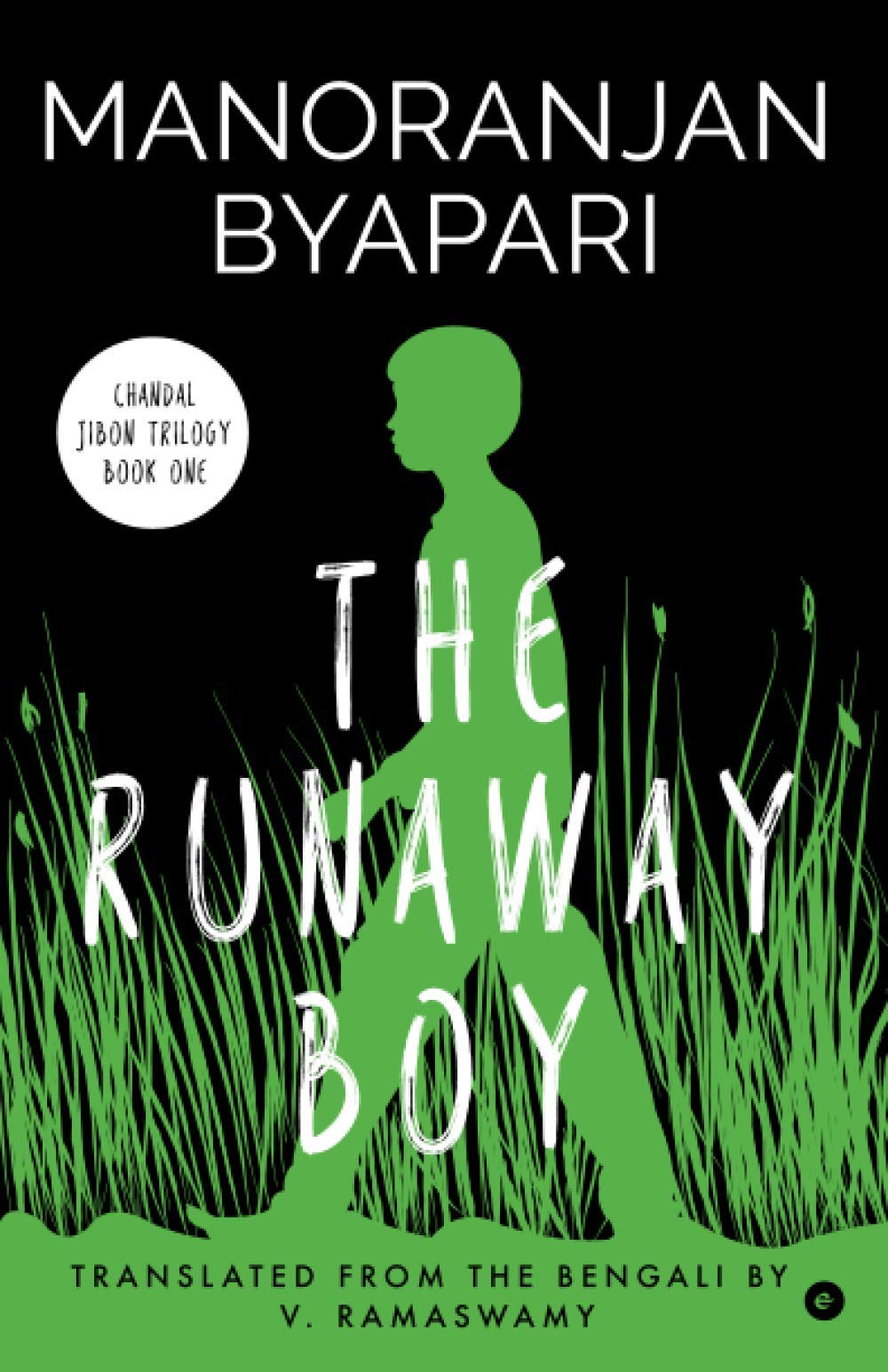Book: The Runaway Boy
Author: Manoranjan Byapari
Publisher: Eka
Price: Rs 599
The Runaway Boy by Manoranjan Byapari is an important document to emerge from contemporary Bengali writing. Translated by V. Ramaswamy, the novel is the first part of the trilogy, Chandal Jibon, by Byapari, the redoubtable Dalit writer who contested the Bengal elections this time on a Trinamul Congress ticket.
Many are familiar with Byapari’s life by now. He was born in a poor Namashudra family in a village in Barishal in erstwhile East Bengal. A Namashudra, a low-caste person, was disparagingly called a Chandal, who was an untouchable. The Matua community of Bengal, also in the news in election time, belongs to this caste. Byapari defines himself as a Chandal, and not more gently as Namashudra, so that the violence of the experience of being a low-caste person comes through with full force.
Byapari’s family migrated to India a few years after the Indian/Pakistani Independence to escape communal violence. The family survived the horrors of a refugee camp and the rehabilitation project in Dandakaranya, to finally settle down to a meagre life in Calcutta. Byapari, who could not attend school, ran away from home as a boy, trying to find work in many cities in the state and in north India. He would later join the Naxal movement and be imprisoned. In jail, he taught himself to read and write. He was close to the labour leader, Shankar Guha Niyogi.
His autobiography, Itibritte Chandal Jibon, was published in translation by Sage-Samya as Interrogating My Chandal Life in 2018. In the trilogy, Byapari, a prolific writer, returns to the same terrain. The Runaway Boy is the account of the early years. In this series, Byapari drapes his story in a thin veil of fiction, but caste remains the axis around which his world is built.

The Runaway Boy by Manoranjan Byapari, Eka, Rs 599 Amazon
Jibon Das, a Chandal, is the protagonist here. He and the writer are almost identical. Jibon’s world stuns, because it is seen from the other side of caste. In Bengal, we still claim that caste does not matter, but caste is invisible when you are on top. It crushes those at the bottom. Even among the refugees from East Bengal, the upper castes had migrated earlier and faced less difficulty.
Byapari compels the reader to look at the world from below. When he speaks, the floodgates open. The words hit hard, like blows. He shows Chandal life, which is very close to the life of a poor Muslim, in savage detail: hunger stalks refugee families, the ribcage pushes through the emaciated body, blood passes as stool from dying infants in a refugee camp, the smell of rice boiling at someone else’s house is maddening. This world is stark, bleak and brutal, and at some point the pretence at fiction seems to fall away, as if fiction is a luxury only the privileged can indulge in.
The novel has its limitations. The writer is no James Baldwin, the great Black-American writer who wrote about Black lives, giving voice through his dark, shimmering fiction, compellingly and tenderly, to what was unspeakable and terrible and beautiful about the lives of a people. Byapari, in contrast, is more of an ethnographer of his community. His voice is direct, dramatic, appealing straight to the emotions, blunt, even banal at times, relentlessly displaying the vicious wound that a life like his is. His is a black-and-white world. Almost no employer pays young Jibon his due. Not a single upper-caste character seems to have any human feature. Jibon appears to be hurtling towards utter victimhood, and the novel looks set to choke on despair. Fortunately, that is not how everything ends.
But Byapari’s power lies elsewhere: he can make us see the insidiousness of caste in a society where it is not obviously violent; how caste is aligned with the workings of capitalism.
Ramaswamy’s translation reads well, capturing the robustness of Byapari’s prose. He has extensively translated the fiction of Subimal Misra, an avant-garde Bengali writer, sharply different from Byapari.











